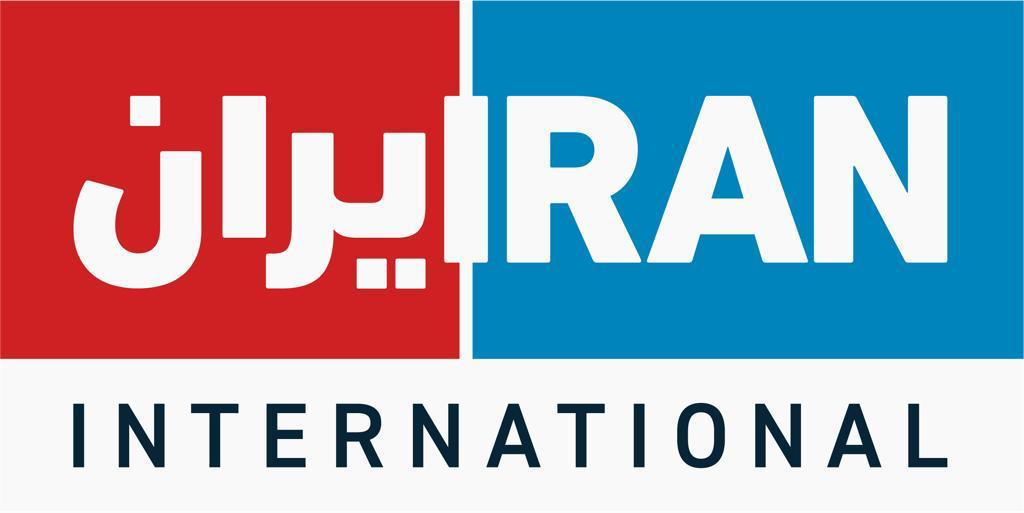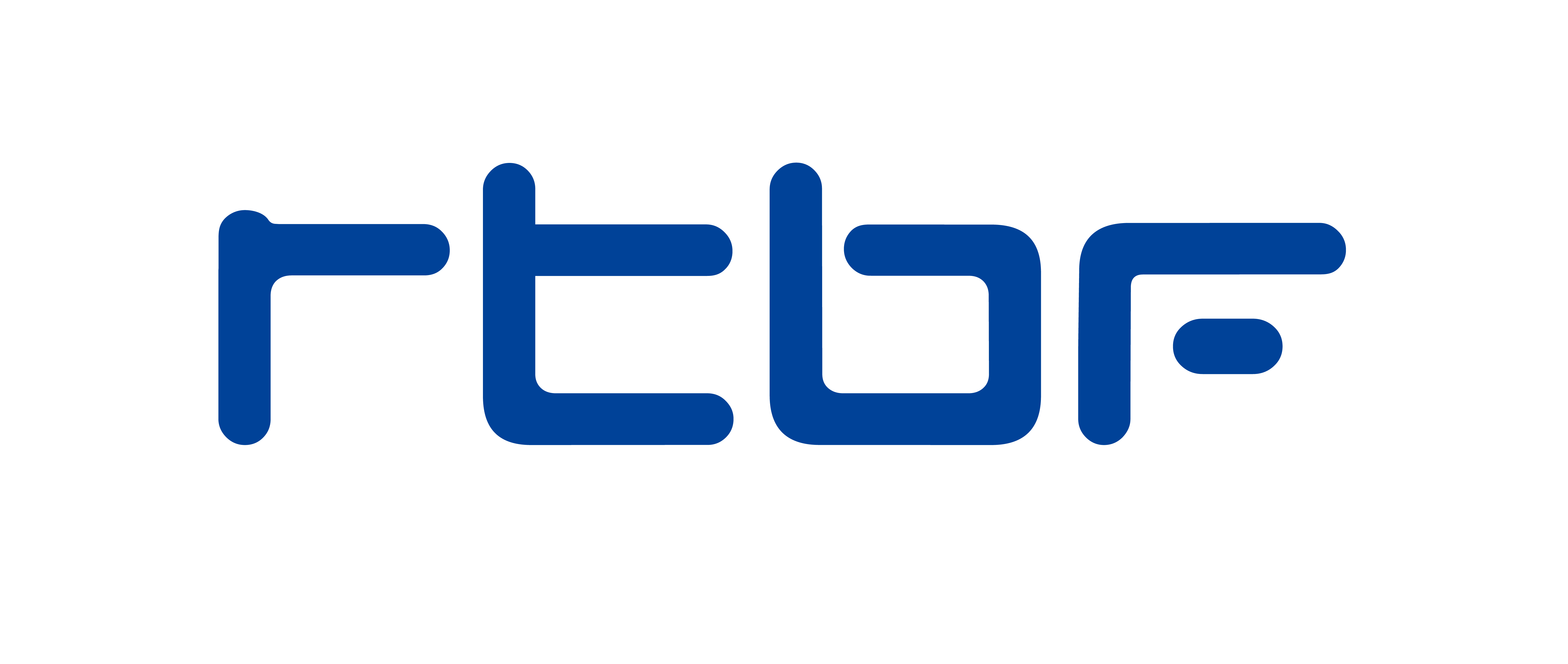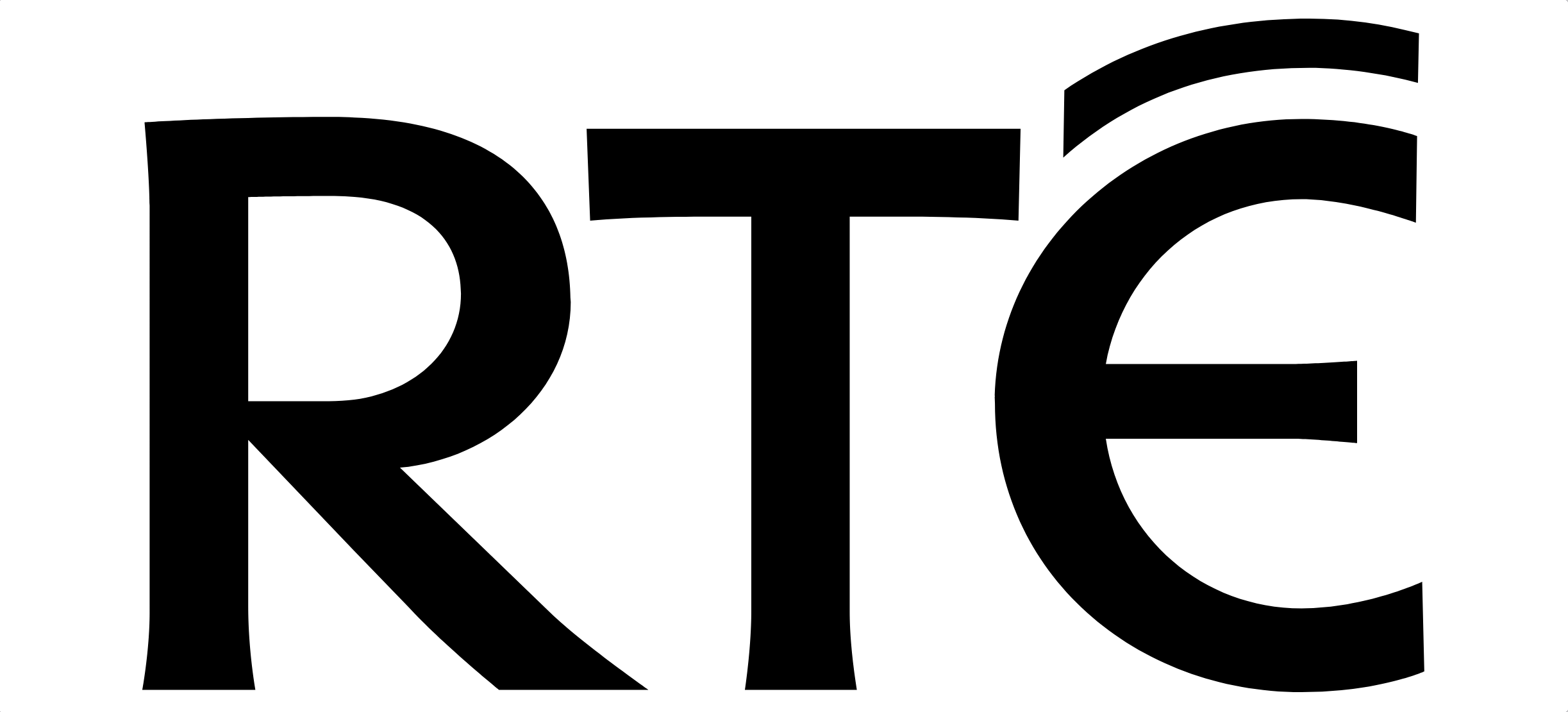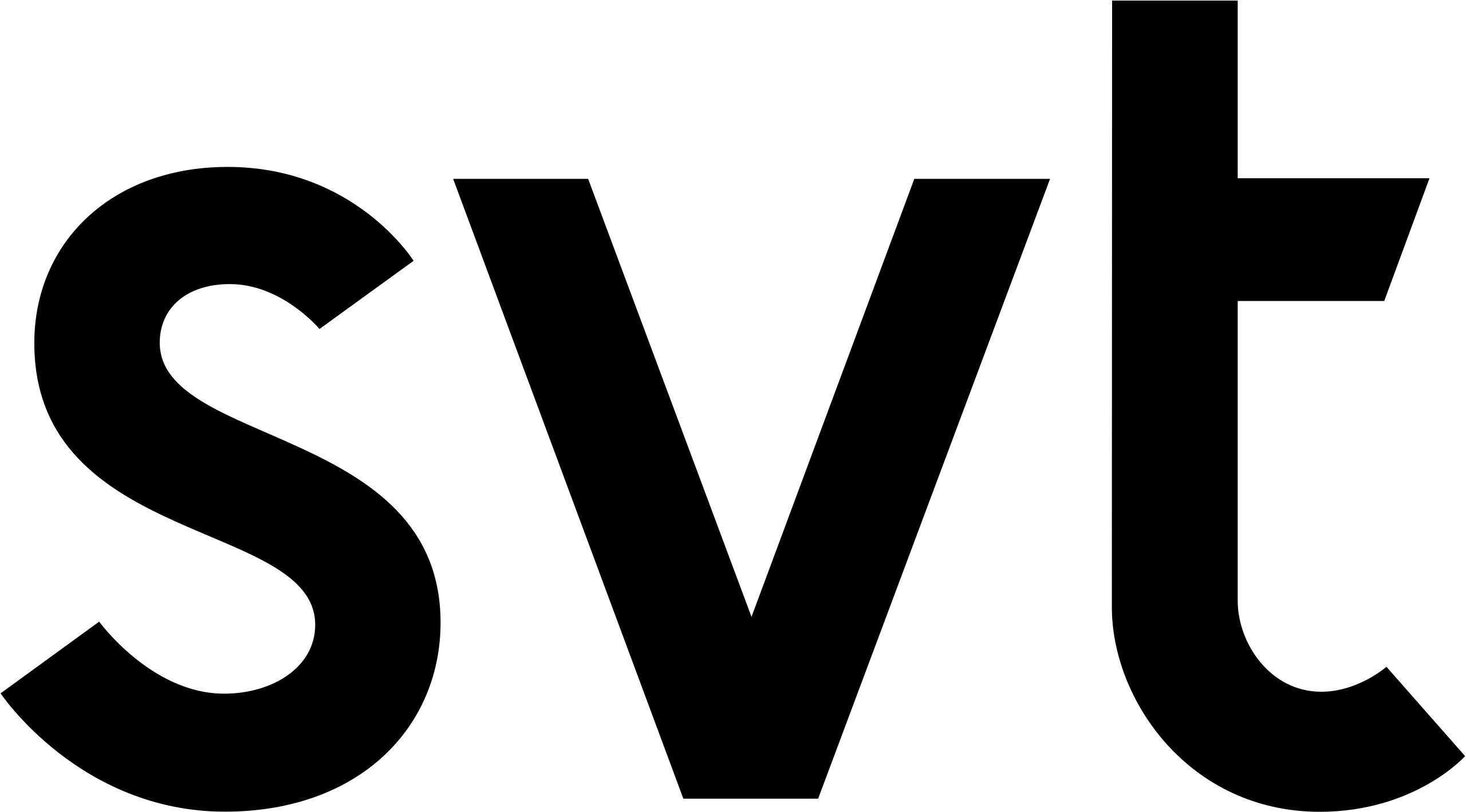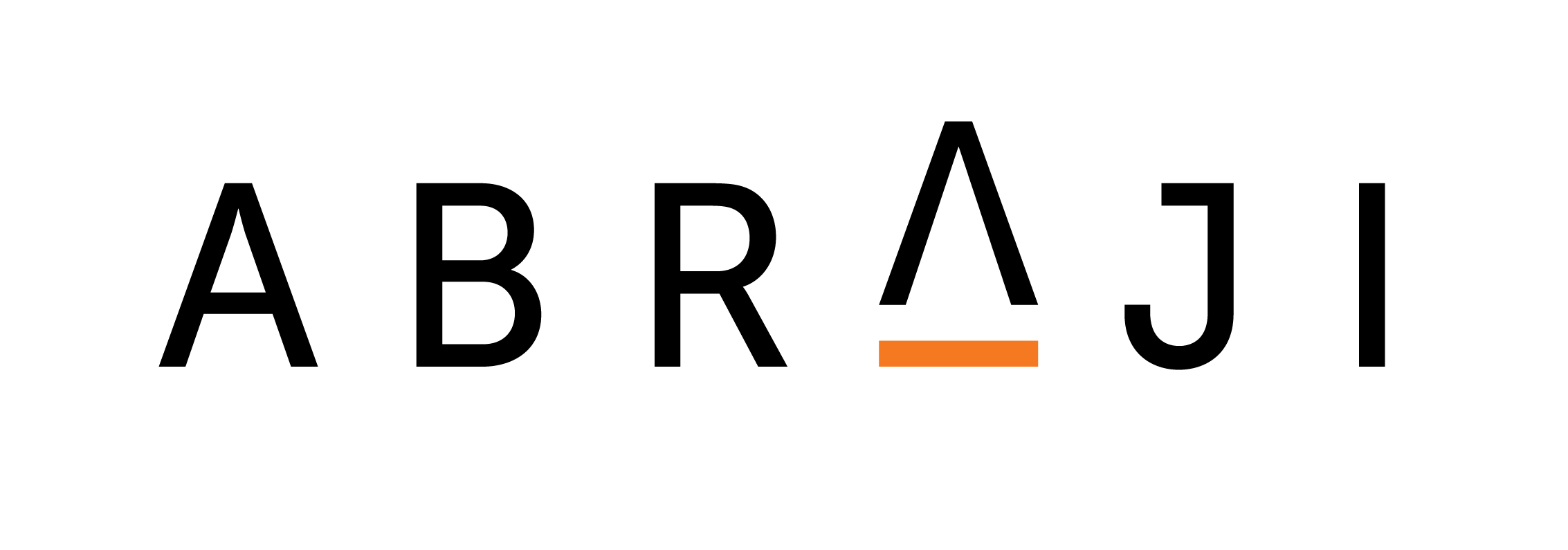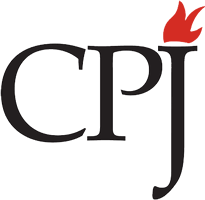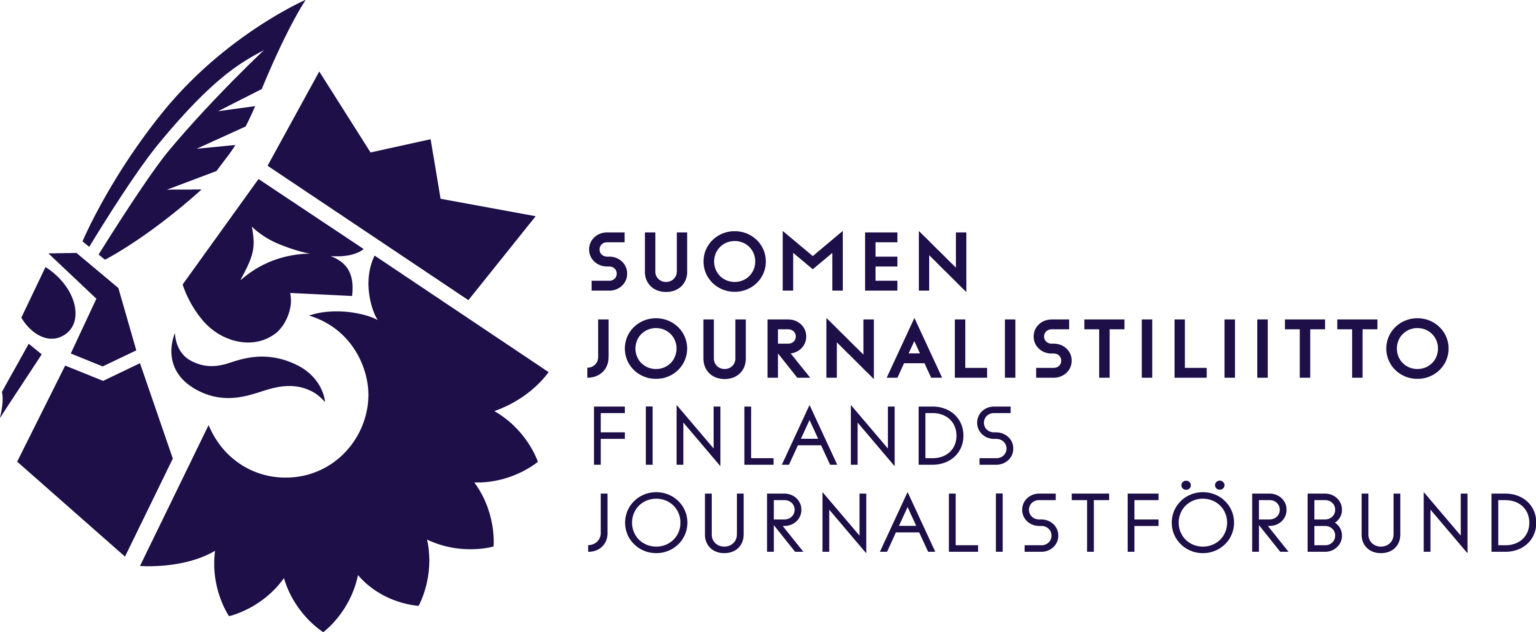The US is reeling from the worst violence it has seen for many years. The protests, which began after an unarmed black man, George Floyd, was suffocated to death, are dividing the country and highlighting long-standing injustices and conflicts.
Journalists all across the US are shouldering the important and difficult task of trying to understand and explain what is happening right now by raising their voices and being the public’s eyes on the ground.
But the situation is tense. A large number of journalists have been targeted and attacked by both police and demonstrators. On the night of 30 May, Expressen’s US correspondent Nina Svanberg was hit by tear gas and a rubber bullet in her leg after police in Minneapolis shot at a group of journalists. A few hours later, freelance journalist Linda Tirano permanently lost the sight in one of her eyes after being hit by a rubber bullet. The day before, a TV team from CNN were arrested by police in the middle of a live broadcast, even though they were standing where they had been told to stand, and despite loudly and clearly offering to move. And outside the White House, Fox News reporter Leland Vittert and his team were driven away by masked demonstrators.
Testimony from journalists who have suffered violent attacks in connection with the ongoing demonstrations in the US continues to flow in. According to an independent US organisation, the Freedom of the Press Foundation, over 300 violations of media freedom, including 49 arrests, have been documented since the demonstrations began. On Twitter, President Donald Trump has accused the media of having caused the demonstrations and of being “bad people with sick agendas” who fuel “hatred and anarchy” and spread “fake news”.
The media have been repeatedly identified as forces intent on destroying democracy and the “enemies of the American people” during Trump’s presidency. Labelling journalists as villains, and identifying independent media as an elite in opposition to the rest of society, is part of a populist message that has gained an increasingly strong foothold throughout the world in recent years, including in Europe. In Sweden too, a number of political voices have pointed to the media as the root of many problems and as enemies of the people. By repeating these messages that the media is part of a liberal establishment and are traitors to their own nations, populists attempt to devalue journalism and undermine its function as an independent force.
This is deeply worrying, especially in a crisis like the one we now find ourselves in. It is also something that all those who value and uphold freedom of expression and freedom of the press need to be alert to. A hostile rhetoric from leading politicians risks legitimising threats and hate speech, and the step from there to even more serious attacks is relatively small. Attacking a journalist is an attack on democracy itself.
Restricting journalists’ ability to do their jobs means restricting citizens’ access to information and a variety of perspectives. It severely limits citizens’ ability to orient themselves within their society. The journalists at the demonstrations in the US are there so that they can tell everyone else what is happening. In the same way, journalists are now working close to people affected by Covid-19, so they can tell the stories of the people behind the statistics. This does not mean, of course, that there should be no place for legitimate criticism of the media. On the contrary, it is extremely important for the media’s trustworthiness and editorial reflection that there is also someone who scrutinises the scrutiniser. But rarely has it been clearer that politicians who defend democracy and freedom of expression also need to stand up for free and independent journalism – in Sweden and in other countries.
The issue of how media freedom is being challenged worldwide needs to be raised more often and to a broader audience. It is in everyone’s interests that there are people with the courage to be the public’s eyes, and to let the voices of others be heard – even in the most difficult of circumstances.
Cilla Benkö is an INSI board member and the Director-General of Swedish Radio. This piece was previously published in the Swedish newspaper Dagens Media. Image by AFP

























